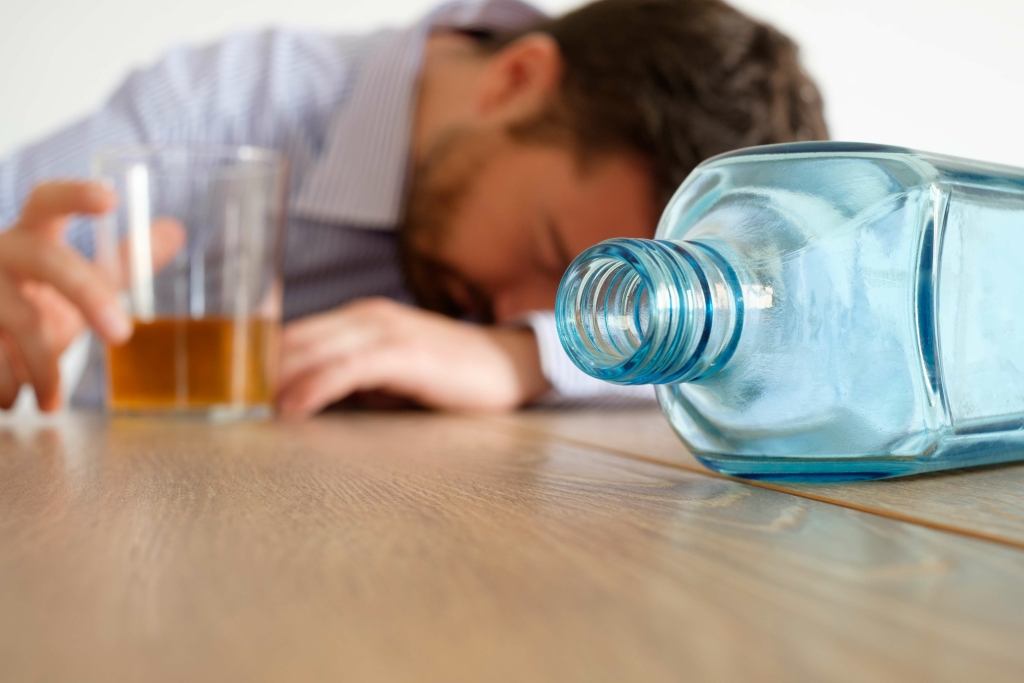Alcohol and Aging Can Drinking Make You Look Older?
Alcohol addiction takes a toll on every aspect of your personal and professional life. It can change your personality, mental health, mannerisms and even your physical appearance. Sometimes, everyday activities can end up doing more harm than good. Making a few lifestyle changes and avoiding unhealthy habits can prevent the damage and support a graceful ageing process. Again, alcohol affects the skin and can cause negative deterioration of various internal systems.
- In addition to weight loss and reduced inflammation, sobriety reduces the water retention caused by dehydration — contributing to an overall lighter physical appearance.
- Depriving yourself of adequate sleep can make you age faster.
- Almost everyone knows that drinking alcohol also affects the healthy functioning of your digestive system.
- For example, cocaine use commonly leads to heart injuries.
This will help them when they are prescribing your medicines. As you age, you become more sensitive to alcohol’s effects. So the amount of alcohol in your blood is higher than it would have been when you were younger. As an older adult, alcohol may affect you https://ecosoberhouse.com/ differently than it does younger adults. Well, when you drink alcohol, you increase chances of cell damage and increased skin ageing. ‘Dehydration weakens the skin barrier, which can allow environmental aggressors to cause damage’, Dr Hextall clarifies.
Signs Alcohol Affects Your Physical Appearance
According to a study, alcohol consumption has increased by about 14 per cent, for Americans over the age of 30, in the year 2020. One additional drinking day per month has increased, as compared to last year. Older adults with mental health conditions such as depression, dementia, cognitive impairments, or anxiety are at a greater risk for developing problems with alcohol. Alcohol abuse can then worsen the symptoms of those conditions. Arcus senilis is a light-colored ring that appears on the border of your iris as you get older.

Researchers are also studying the possibility that alcoholic liver disease might be caused, at least in part, by your immune system attacking healthy body tissues. When alcohol dehydrates your body, it’s easier to see the blood vessels on that part of your face. In addition, alcohol misuse or alcohol use disorder can strain relationships with family members, friends, and others. At the extreme, heavy drinking can contribute to domestic violence and child abuse or neglect. Alcohol use is often involved when people become violent, as well as when they are violently attacked. If you feel that alcohol is endangering you or someone else, call 911 or obtain similar help right away.
Does Alcohol Abuse Truly Cause Aging?
Alcohol can also lead to weight gain and other health-related issues. Alcohol and aging are also synonymous due to the negative effects alcohol has on the body. Women who had 28 drinks or more per week had a 33 percent higher chance of developing the same syndrome. By adding extra stress to your body and depriving it of the nutrients it needs to rebuild, alcohol can place you years ahead in the aging process, and affect how you look.
Because bingeing and excess drinking cause nutritional deficiencies, this can impact the overall health of your body, including your hair. Alcohol can cause a lack of rest from a depleted sleep cycle. Usually, alcohol makes a person toss and turn during the night. In other words, a person suffers from poor quality of sleep.
How does drinking damage the body?
However, it may be a good idea to abstain from drinking if they have certain medical issues or are on particular medications. If you are concerned about your alcohol intake, be sure to contact your doctor. The researchers also considered does alcohol make you look older people who engaged in binge drinking — defined as 4 or more drinks in a day for women and 5 or more drinks in a day for men — to be heavy drinkers. Both weight gain and loss can affect the way your body processes alcohol.
As you grow older, health problems or prescribed medicines may require that you drink less alcohol or avoid it completely. You may also notice that your body’s reaction to alcohol is different than before. Some older people feel the effects of alcohol more strongly without increasing the amount they drink.